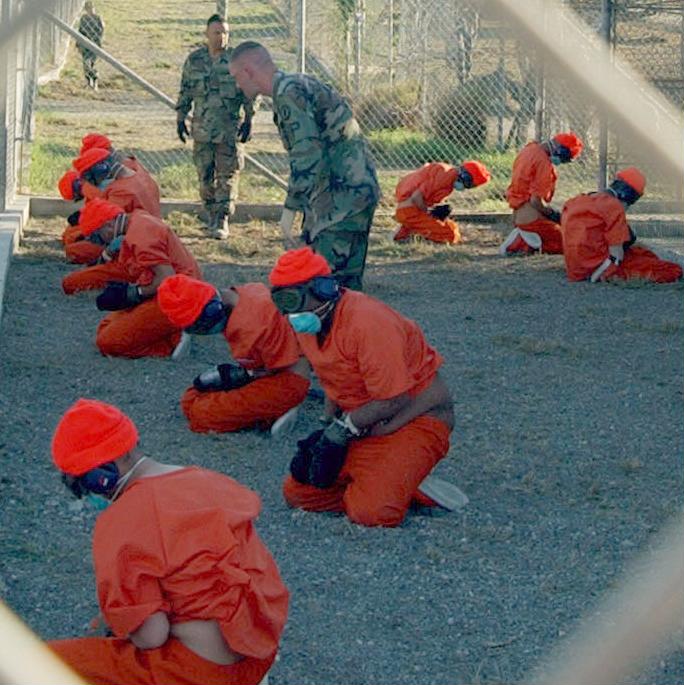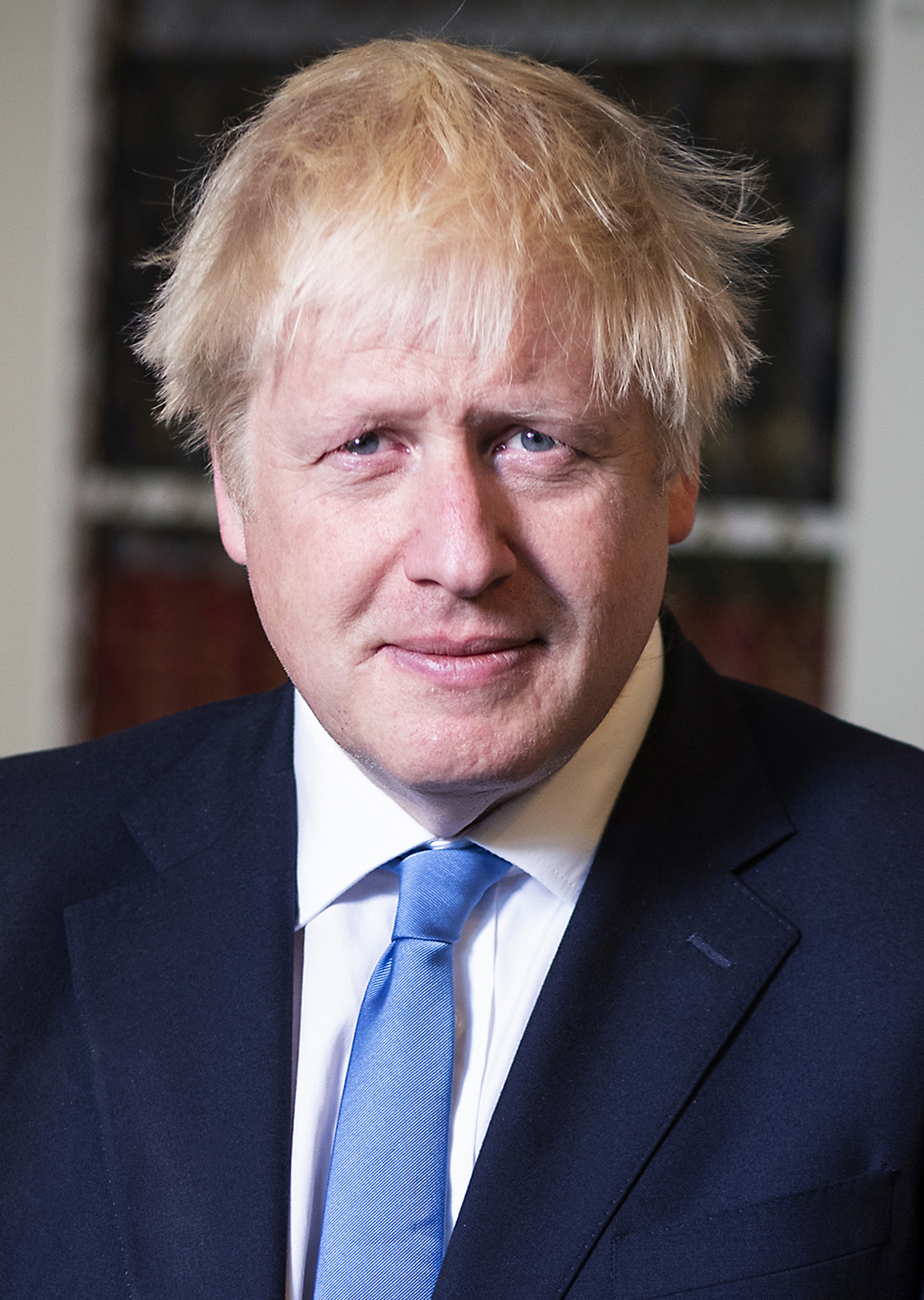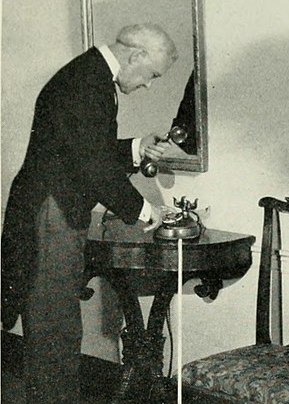My wife had an interesting conversation with one of her lady friends the other day. It went something like this:
"Have you taken the vaccine?" her lady friend asked.
"I'm not that old," my wife replied. "They haven't called me yet. But what do you think?"
"I don't know, but my husband is a virologist."
"And what does he think?"
"This whole thing will be all but forgotten by next year. That's what he thinks."
"That's interesting..."
Nothing more was said on the topic. No value statement was expressed. Yet, the message was clear.
On hearing about this, I pointed out that being a virologist hardly matters these days.
"He's not a politician, so what does he know?" I asked rhetorically.
"But it's rather telling, don't you think? We hear these things from different sources. Then it's up to us to make the connections."
"It's weird. They don't even hide it anymore. Yet people keep trusting the narrative."
Then I told my wife about this latest news from the US. Vaccinated and unvaccinated people are not subject to the same tests. No effort is made to collect any real data. Nobody higher up in the hierarchy of experts have the slightest interest in reality. It's all about narrative, and that narrative appears to have been scripted and decided upon long before the plague struck back in 2020.
It's now clear that we'll have a strong push towards a segregated society where the vaccinated will be treated very differently from the unvaccinated. The vaccinated will enjoy all sorts of shortcuts through the system, while the unvaccinated will have to pass one hurdle after another.
People will line up to get their shots to avoid the hassle of rigorous screening and control. But there will also be a growing awareness of the sinister forces behind this. However, things will remain confused and muddled in most people's minds through the summer. It won't be before next year's flu season that the official narrative will start to unravel in earnest. The reason for this is that this year's flu season is over. There's a natural reduction in cases that spin doctors can incorporate into their narrative as proof of the vaccine's efficiency. Credit will also be given to mask rules, and the frequent and intense testing of the unvaccinated. Segregation will be hailed as a great success.
By the time we enter next year's flu season, we'll have vaccinated people enjoying a great deal of freedom, and unvaccinated people treated as a pariah class. However, this will result in a number of inconvenient episodes that will be increasingly difficult to hide.
First off, the relaxed testing of vaccinated people will make the plague spread faster among them than it does among the unvaccinated. Vaccinated people will be let into their segregated areas even if they have a fever. That will not happen to the unvaccinated who will be refused entrance if at all feverish. Segregated sports events and the like will result in case surges among the vaccinated, with no corresponding surges among unvaccinated. However, these surges will not be reported. They will not be recognized as plague cases. The plague will therefore spread unchecked through the vaccinated part of society.
The difference in testing will lead to under-reporting of cases among the vaccinated, and a corresponding over-reporting of cases among the unvaccinated. The severity of these cases will be similarly miscommunicated. However, objective and unbiased observation will reveal the difference between reported facts and actual cases. The reported facts will increasingly deviate from observed reality. But this will only cause those in charge to double down on their narrative.
People will be encouraged to get their booster shot. Those who still refuse to be vaccinated will be even more inconvenienced while the vaccinated will be given a free pass, and there will be close to no official deaths among them. No matter how ill the vaccinated get, it won't be due to the plague, nor the vaccine. What few cases they admit to will be blamed on new variants of the virus that will have to be treated with new and improved vaccines.
Everyone will be asked to line up for the new vaccines to combat the new variants. Those still not vaccinated will be demonized and blamed for the unchecked ravages ripping through the vaccinated community. But the deception will by then be so obvious that only those firmly in the grip of propaganda will believe it. There will be places that don't enforce any of the rules, and people will know that they are doing just fine. However, this awareness will not be widespread before the end of next year's flu season, which leaves us with a problem. How do we get through these coming months with a minimum of pain and inconvenience?
As a general strategy, the best course is one of caution. With so much deception and misinformation, now is not the time to get the vaccine. It may still be true that the vaccine is better than no vaccine at all. But why risk it when, according to my wife's virologist acquaintance, the plague is about to disappear on its own anyway?
There's also no need to be entirely truthful about our vaccine status. There's no point in bringing it up, and when others bring it up, we can enthusiastically proclaim our imminent vaccination. If we sense that we're in the company of pro-vaccine people, we agree with every aspect of the official narrative. That kills the conversation topic, and we can move on to other and more interesting things to talk about.
Furthermore, I will stay home his summer, and I'm telling my children to do the same. The inconvenience of being an unvaccinated traveller makes it a better option to explore the local scenery than to go abroad. This is not the time to experiment with our life and liberty. It's far better to wait a year to see how things evolve. If the propagandists are still in control, we may have to live another year with the inconveniences tossed upon us. But this cannot last for ever.
 |
| Guantanamo Bay detention camp |
By Shane T. McCoy, U.S. Navy - (copied from http://en.wikipedia.org/wiki/Image:Camp_x-ray_detainees.jpg so that the image can be used on Wikinews.), Public Domain, Link
















